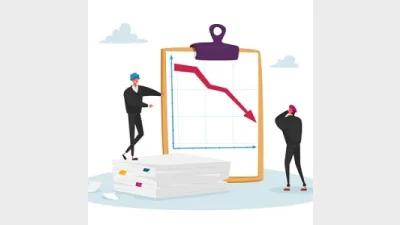Super funds fall further in May



The median balanced superannuation option fell by -0.9% in May, according to SuperRatings, as funds faced into global market headwinds.
The research house pointed to the Reserve Bank of Australia’s decision to increase rates for the second month in a row as an important development for the month, as the central bank signalled that it was facing inflation challenges head on, with a 50bps rise applied to the cash rate.
SuperRatings estimated the performance for the financial year ending 31 May, 2022 had fallen slightly into the red at -0.3%, which was down from a return of 17.8% for the previous financial year.
Executive director of SuperRatings, Kirby Rappell, said: “It is not surprising to see a dampening in the performance of super funds, as the investment environment is very challenging lately. However, the benefits of diversification have been clear as the volatility of super fund returns remains much lower than share markets”.
He said while it had been a challenging time for markets and savings, it was important to put this into context.
“Superannuation is a long-term investment and funds have delivered strong performance on average over time. Markets and economies go through ups and downs, and while it’s hard to see your retirement nest-egg bouncing around, it’s important to remain focused on taking a long-term outlook and trying to avoid getting caught up in the noise.”
The median growth option also declined, falling an estimated -1.2%.
“We saw capital stable options weather the storm somewhat, with a fall of -0.5% due to their greater exposure to bonds and cash.”
Recommended for you
The ATO has revealed nearly $19 billion in lost and unclaimed super, urging over 7 million Australians to reclaim their savings.
The industry super fund has launched a new digital experience designed to make retirement preparation simpler and more personalised for its members.
A hold in the cash rate during the upcoming November monetary policy meeting appears to now be a certainty off the back of skyrocketing inflation during the September quarter.
The peak superannuation body has announced the appointment of Peter Chun, CEO of UniSuper, to its board of directors.









